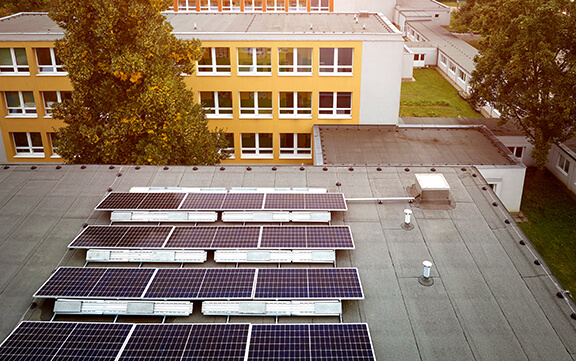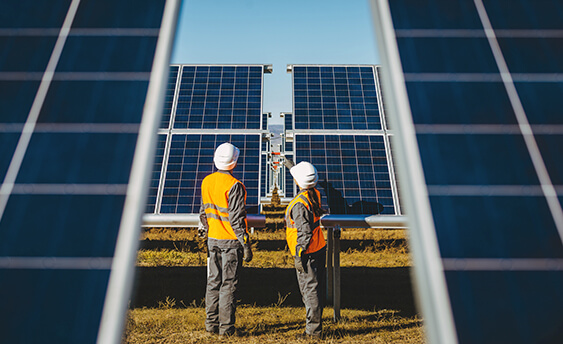In an ambitious move to address climate change, the U.S. Environmental Protection Agency (EPA) has launched the Solar for All program, allocating $7 billion to enhance sustainable energy access nationwide. This initiative highlights the federal government’s commitment to renewable energy and aims to significantly lower energy costs for Americans, particularly in underserved communities.
Financial and Environmental Impacts of Solar Energy
Solar energy offers substantial environmental benefits by reducing carbon emissions and dependency on non-renewable resources. Economically, transitioning to solar power allows households and businesses to reduce electricity bills, benefit from tax incentives, and increase property values. These financial advantages make solar investments increasingly attractive, bolstering economic resilience and sustainability.
What is the Solar for All Program?

The Solar for All program is designed to significantly expand access to solar energy, particularly for lower-income households and communities in regions traditionally lacking substantial renewable energy infrastructure. This initiative supports the federal goal of equitable energy access by ensuring that the benefits of solar technology are extended to all Americans.
Eligibility for the program is broad, encompassing non-profit organizations, local governments, tribal entities, and other groups that can help deploy solar installations in diverse settings across the country. This broad eligibility is intended to foster diverse solar projects, from residential arrays in urban neighborhoods to large-scale installations on public or tribal lands.
The program’s prioritization criteria are geared towards projects that promise significant social and environmental returns. These include initiatives in communities currently reliant on fossil fuels and those facing high energy costs relative to income. Projects likely to yield substantial local job creation in the solar sector are also favored, enhancing economic benefits alongside environmental improvements.
The application process itself is meticulously designed to be transparent and user-friendly. The EPA’s dedicated Solar for All webpage clearly outlines detailed guidelines and requirements. Potential applicants can find step-by-step instructions on applying, including deadlines, required documentation, and criteria for evaluating proposals. The EPA has also set up a robust support system to assist applicants through webinars and dedicated helplines, ensuring that communities have the knowledge and resources needed to navigate the application process successfully.
Once submitted, applications undergo a thorough review process. They are evaluated based on their potential environmental impact, cost-effectiveness, and the degree to which they address energy equity. Successful applicants receive funding that can cover a significant portion of project costs, including installing solar panels, necessary modifications to electrical systems, and even training local workers in solar installation techniques.
Role of Tidal Basin in Enhancing Program Success

Tidal Basin, known for its expertise in managing large, complex federally funded programs, plays a crucial role in guiding participants through the complexities of the Solar for All program. We assist with everything from application submission to project execution, ensuring adherence to compliance protocols and maximizing funding impact to communities. Tidal Basin helps reduce recipients’ and subrecipients’ administrative load, enabling them to focus more on execution and less on bureaucracy. This support is vital in expediting the implementation of solar projects and achieving the program’s goals swiftly and effectively.
By democratizing access to solar energy, the Solar for All initiative promises environmental benefits and fosters economic growth through energy savings and job creation in the green sector. This program is poised to transform the nation’s energy landscape, bringing sustainable energy solutions to all corners of the country and lighting up the future with clean, renewable power.



